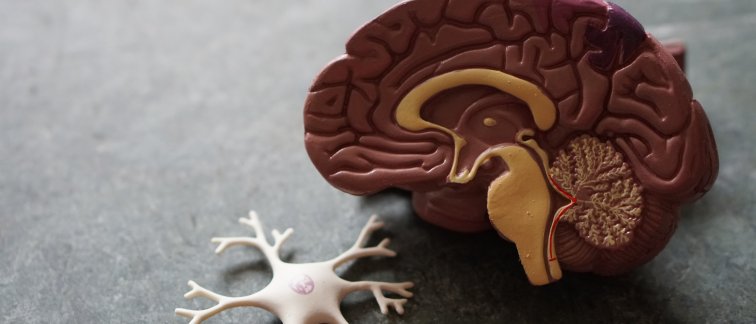Mimic the disease process
Parkinson's disease and FTD arise from different biological processes. In addition, these diseases can both have a hereditary cause. Thanks to the collaboration of the three researchers of Amsterdam UMC and Vrije Universiteit, these two different diseases can be studied with the same approach.
Currently, a biobank for stem cells from FTD and Parkinson's patients is being set up. This gives the researchers the opportunity to grow nerve cells from these patients and compare the protein profiles of the cultured nerve cells with the protein profiles of the brain of the deceased patients. By combining clinical, genetic, pathological, and molecular information from the stem cells and brain tissue, the researchers want to unravel common or unique disease processes.
Public-private collaboration
This research project will gain news insight in the clinical, genetic and molecular developments of Parkinson’s disease and FTD, which can contribute to the drug development process. Roche will contribute and co-finance in this research project. The study will start in the fall of 2020 for the duration of four years. Patients from all over the Netherlands can participate.
This research project is a collaboration by neurologist Yolande Pijnenburg of the Alzheimer Centrum Amsterdam, neuroscientist Wilma van de Berg (department of Anatomy & Neurosciences), and with Guus Smit (Amsterdam Neuroscience and the Department of Molecular and Cellular Neurobiology of Vrije Universiteit).
Source: Alzheimer Centrum Amsterdam

